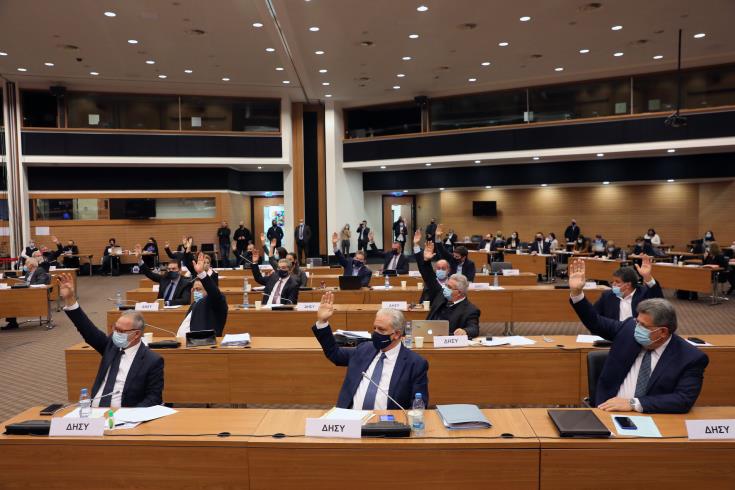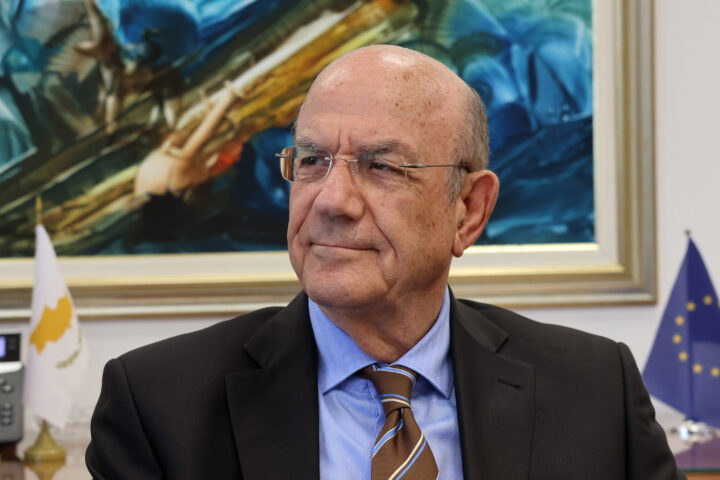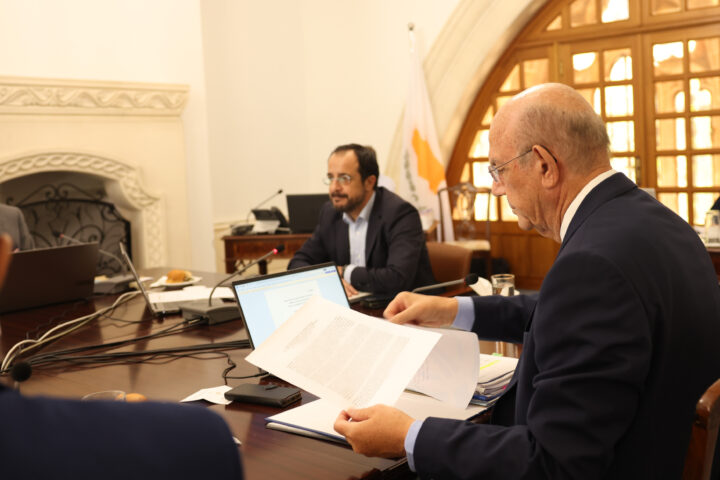Opposition parties may have won the battle, by throwing out next year’s state budget for the first time in decades, and giving the government a bloody nose, but they have not won the war.
The cockfight has officially begun and must end by February 28, when the monthly interim contingency for state expenditure runs out.
By then, the campaign for the May parliamentary elections will be in full swing in what promises to be an ugly fight for survival for many politicians.
The opposition parties accuse the ruling DISY and the Anastasiades administration of scandal-laden corruption, incompetence in dealing with the health crisis, slashing welfare, inability to support small businesses and unemployment.
Communist AKEL said it rejected the 2021 budget on its merit, because it lacked in benefits, ignored the poor, the disabled and refugees, and made “the rich richer”.
To this, Finance Minister Constantinos Petrides barked back, saying his 2021 budget increased social and health spending by €742 mln, to reach €2.91 bln in benefits.
The power-hungry Democratic Party, DIKO, insisted on its “in principle” disagreement.
Hollering that the crisis was caused by the incumbent government’s cover-up of a series of scandals, lack of transparency and stubbornness to co-operate with Auditor General, probably the only truly independent public official still left standing.
To this, President Anastasiades stopped short of describing the rejection as a coup, saying “what I do not understand, is the negative vote of the Democratic Party, which is trying to blackmail the legally elected government and neutralise other independent institutions.”
DISY’s Averoff Neophytou and his MPs went ballistic, embarking on scare-mongering tactics, claiming rejection of the state budget was akin to economic disaster with rating agencies waiting to downgrade the Cyprus sovereign rating.
But if the likes of Moody’s, S&P and Fitch slash the Cyprus ratings, purely on the premise of political instability, whose fault is it anyway?
Besides, a two-month delay does not really mean political instability.
According to interpretations of the Constitution, in the case of a deadlock, as was the 29-to-24 vote rejection in the House, the January and February payrolls will be carried over, based on the year-earlier expenditure.
With just five months to go to the next polls, the government does not want to tell civil servants that it may be unable to pay their wages as of March 1.
So it will reinstate their salaries by compromising with smaller, radical parties, resulting in backtracking on the national issue.
If the COVID-19 vaccination programme is not on time, if the tourism industry does not re-start by April, if businesses continue to struggle then the political careers of party leaders will be at risk, chief among them DISY’s president who failed to save the budget.
What will be clear to the electorate is that the current political establishment and party-voter client relationship must end.
Politicians have a few days to gather their thoughts during the holidays because January will be a make-or-break month for officials, MPs, and the people alike.










